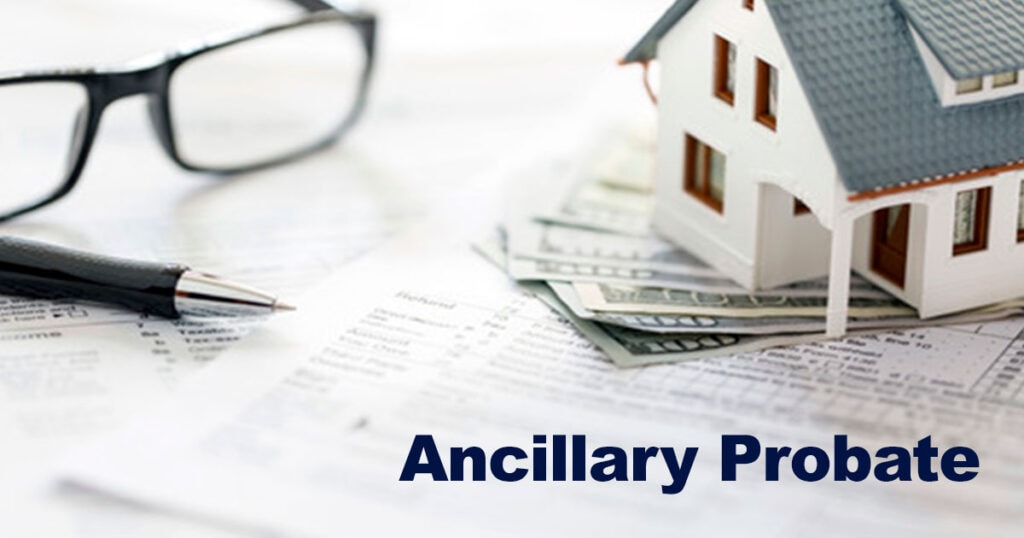If you have a loved one who died outside of New Jersey, but they owned real property in New Jersey, what do you do? The answer is to conduct an Ancillary Probate in NJ.
Generally, this means you will conduct a second probate action in New Jersey after you have done one in the state (or country) where the Decedent was domiciled.
For most, the Process for Ancillary Probate in NJ is as follows:
- If the Decedent had a Will, the named Executor probates the Will in the jurisdiction where the Decedent was domiciled. (If the Decedent did not have a Will, someone will likely have to file a complaint to declare an intestacy and request to become Administrator for the estate.)
- The Executor obtains an “Exemplified Copy” of the Will and Letters Testamentary (or Letters of Administration for an intestacy action) from the state where the Decedent died. Letters Testamentary and Letters of Administration are the documents that the Surrogate gives you to show that you have legal authority to act on behalf of the Estate.
- You take the Exemplified Copy of these documents to the NJ Surrogate of each county where the Decedent owned property. Advise them that you want to conduct an Ancillary Probate in NJ. (The fee is nominal, currently only about $5 per page plus $5 for the backing page.)
- The local NJ Surrogate then gives you Letters Testamentary (or Letters of Administration). Once you have this documentation, you can then legally transfer property to the new owner.
- BUT WAIT, don’t transfer the property yet! You have to know who the property is going to. If all or a part the property (or money from the sale of the property) goes to someone other than a spouse, lineal descendant or lineal ascendant, it is subject to a NJ Inheritance tax! That’s right, there is a 11-16% tax on this property which must be paid within 8 months from the date of the Decedent’s passing. Failure to do so will result in very large interest and penalty charges. As the Executor, you may be personally responsible for this tax unless you properly withhold and remit payment. (Note, even though NJ Estate Tax has been repealed, there is still a NJ Inheritance Tax.)
- Once the Executor has determined what is owed to the State of New Jersey, he or she should pay the tax, if any. After the tax is paid, NJ will issue an inheritance tax waiver from the Estate and Inheritance Bureau. You can find additional instructions here: https://www.state.nj.us/treasury/taxation/pdf/other_forms/inheritance/itl9.pdf
- Now can the Executor can transfer the property? Probably. If the property was devised to a specific party, it should either be transferred to such party or sold with the explicit consent of that party. If the property was part of the residuary of the estate, then the Executor generally will have the power to transfer the property unless it is denied by the language in the Will. Make sure you check if the Will has any restrictions. Few Wills that I have run into ever limit an Executor’s ability to sell property. However, occasionally a Will contains a right of first refusal which must be honored.
What if No Probate is Needed in the State Where the Decedent was Domiciled?
If there is no reason to conduct a probate proceeding in the state where the Decedent was domiciled, it is often possible to just do one probate in New Jersey. You can skip the first two steps above and file an original probate in New Jersey.
Ancillary Probate in NJ is usually a quick procedure unless an inheritance tax return is required. A knowledgeable probate attorney can help you through these steps.




